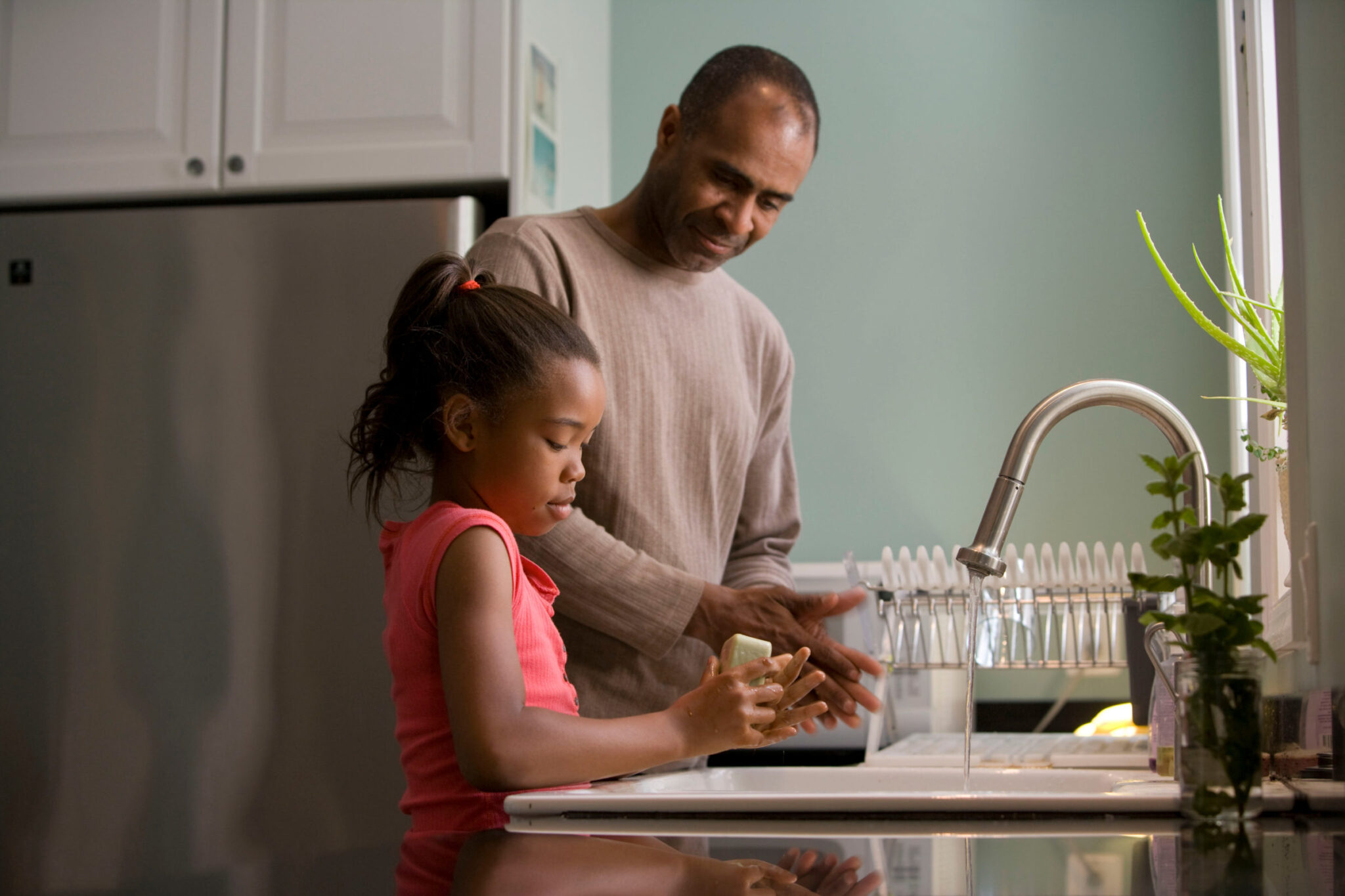Caregiving: it’s a family affair❣

This is really good news because the latest research report on caregivers and caregiving in Canada indicates that the largest category of caregivers is daughters and sons caring for a parent or parent-in-law. Close to half (47%) are caring for mom or dad or one of the in-laws. While the majority of caregivers continues to be women, the gap is narrowing, with women at 54 % and men at 46% of caregivers in Canada in 2018.
How are daughters and sons are caring for their mom or dad?
The top 4 types of care being provided are:
- Transportation
- Housework
- House maintenance and outdoor work
- Scheduling and coordinating appointments
How much time is involved?
- 41 % provide 1-3 hours of caregiving each week
- 23 % provide 4-9 hours
- 14 % provide 10-19 hours
- 21 % provide 20 or more hours
Whether it is finding one more hour in a week or 20+ more, this can be a challenge when you are already ‘busy busy’. This leads to one of the most uplifting statistics about support and assistance that I have read recently on the experiences of caregiving.
Social support and assistance: it’s all about family
Both financial and social support lessens the negative impacts of caregiving. In 2018, about 70% of caregivers said they received some kind of support or assistance. The most common source of social support was when the caregiver’s spouse or partner modified their life or work arrangements to help (45%). Many daughters and sons were also helped by their children (43%). I was really excited to read that many caregivers are receiving support from their spouse or partner and their kids. These are heartwarming statistics, showing that many families are working as a team.
There really isn’t any logical reason why caregiving should be delegated to one person only. If there is primarily one person, doesn’t it make good sense for family members to help and pick up the slack, so to speak? Literally every caregiver site will advise you as a caregiver, to get help, to get support and not even try to do everything on your own. The majority of caregivers are getting some support and this is a social and family trend that can only be applauded.
Telling Asking your family for support
If you are one of those daughters or sons who isn’t currently getting assistance from your family, consider this a gentle nudge to do so. Sometimes there is a reluctance to ask for help, because we think we should be doing it all. Drop the cape. This is no time to be a martyr.
Sometimes there is a reluctance to ask for help because we fear the request will be rejected or even resented. This is a call to take the risk. You may be pleasantly surprised because most people actually want to help but are unsure as to what to do.
Consider the following tips that will help you get the much-needed help and support. Over the course of time, while caring for your parents, some or ALL of them may come in handy:
- Make a master list of specific things that need to be done on a regular basis that can be divided up in the family.
- Start the conversation as a ‘we’. ‘We’ as a family need to work together to care for mom and dad as they age.
- Ask them what they will step up and do to help. Approach the conversation with the assumption that they do want to help.
- Let them know that there are lots of ways to help. If it isn’t taking your mom or dad to medical appointments, maybe it is doing cleaning (at either your parents’ home or your own). Or maybe it’s one of your kids calling your parents to get a grocery shopping list. This is a great time to draw on the respective strengths of each family member. It all counts!
- Be sure to involve the kids. Isn’t it great for kids to understand that older relatives, older people in general, need and deserve care? It is great modeling, and it implicitly normalizes aging. Also, intergenerational connections are win-wins for everybody.
If you are a daughter or son who is already supported by your partner/spouse and kids, we would love to hear more.
How does your family support your caregiving?








